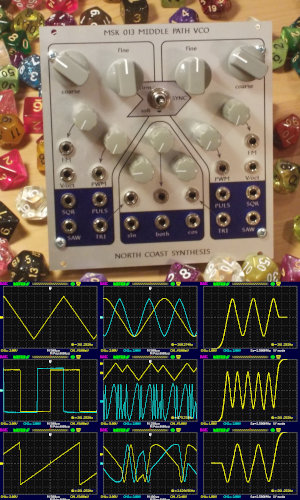The day a star is born
Sat 18 Dec 2010 by mskala Tags used: poetry, 日本語This is my last posting from the desktop machine before I take it down to pack - a little earlier than I'd first planned, but I'm trying to get my packing done with as much safety margin as possible and now that the paper deadlines are past, I don't need the main computer to be online in this location any longer. I can use my laptop for networking in the next few days before my move.
Since my last Japanese lesson on the 10th, I'm on my own as far as continuing my studies, and one thing I'm doing is translating song lyrics. Another I might do is post entries on the Japanese side of this site. Anyway, although I'm not promising to share much or any of whatever is created by my learning process - it depends very much on amount and nature of reader response - I'm going to post a song translation in this entry. It seems appropriate.
This is 『星の生まれる日』 "Hoshi no umareru hi," or "The day a star is born," by Cocco. The transcription is heavily cross-checked against the Net - and I think in fact it may be "official" in the sense of appearing on the booklet that comes with the CD (I already packed my copy and can't easily check) - but the translation is mine. To English speakers the phrase "a star is born" suggests someone becoming a celebrity; and I think that implication may be intended to some degree; but the main meaning in this context should be understood as referring to the East Asian idea of the spirits of dead people, and especially of unhappy lovers, becoming stars in the sky.
| 星の生まれる日 | The day a star is born |
| 私の梯子から 空へと登りなさい 髪の毛を伝って 頭に足を掛けて 今すぐ飛んで行けばいい 遠くへ旅立てばいい、の あ〜、あなたが星に着くころ あ〜、わたしは独り泣くから |
Let me be your ladder To ascend into the sky Climb up my hair To place your feet on my head It's okay if you go leaping off now To begin your journey far away, but Oh, when you are with the stars Oh, then I'll cry alone |
| 壊した幸せと 犯した罪を合わせ ロープを編み上げて 命を繋げばいい 乾いた罰を置き去りに 想い出背負うこともない あ〜、昨日を許せるように あ〜、明日を愛せるように |
Broken happiness is combined With the crimes I've committed Better to braid a rope And bind our lives together I would escape this dried punishment Not burdened by my feelings Oh, I hope I can forgive yesterday Oh, I hope I can love tomorrow |
| 縛った手を離してあげましょう 西の空へ放してあげましょう あ〜、あなたが星に着くころ あ〜、わたしは独り泣くから あ〜、昨日を許せるように あ〜、明日を愛せるように |
Let me untie your hands Let me release you to the Western sky Oh, when you are with the stars Oh, then I'll cry alone Oh, I hope I can forgive yesterday Oh, I hope I can love tomorrow |
| わたしを忘れてしまえばいい。 | Better that you should forget me. |
4 comments
Axel - 2010-12-19 11:47

The association of the star with the unhappy lover is essential to understand what the poet is saying and what he means. The magic of a foreign tongue! Enjoy.
Spyros - 2010-12-18 22:14